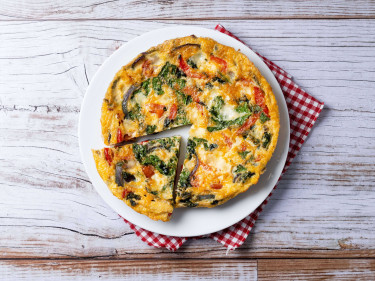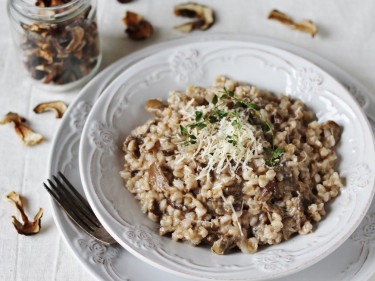To eat or not to eat? This is the question among many exercise enthusiasts. The most important question is, what is your goal? Is it to either burn more fat or kilojoules, or to improve performance?
With that in mind, here are a few things to consider:
When do you train?
If you train first thing in the morning when you wake up, you can benefit from training fasted as glycogen stores are depleted and your body will lean more toward fat burning. But, training with depleted glycogen stores means you are unlikely to be able to train at as high an intensity as if you eat prior, therefore burning less total kilojoules.
What is your training intensity?
If you train at a higher intensity you will need more carbohydrates for energy so if this is your style of training, and you want to get the most out of your sessions then fuelling before training has its benefits. But, if you are exercising at a low-moderate intensity, your body will use a higher proportion of fat as fuel and you are unlikely to feel any performance effects from not eating.
What is your goal?
Establishing your exercise goal will helpyou decide whether to eat or not beforehand. If your goal is weight (fat) loss, then fasting before exercise can help to burn more fat and also keep your total kilojoules down for the day. If your goal is maximising your performance gains, then fuelling prior may be recommended.
How do you feel exercising with or without eating prior?
You need to consider how fasting or eating before exercise makes you feel. If training fasted makes you feel nauseated or dizzy, then this option is not for you. If you feel bloated or heavy when fuelling before exercise, then perhaps you should consider eating less or not eating before exercise.
The Bottom line:
There are benefits to training both fasted and fuelled but it really depends on your individual goals. Perhaps including a mix of both throughout your workout week can help to maximise both fat burning and sports performance.













